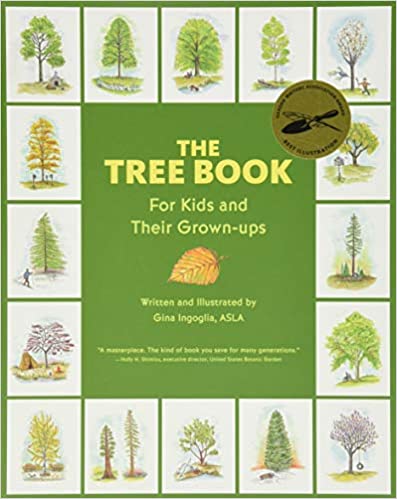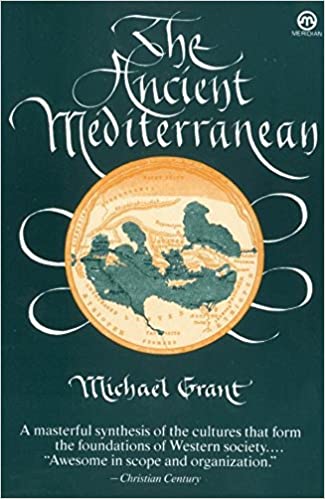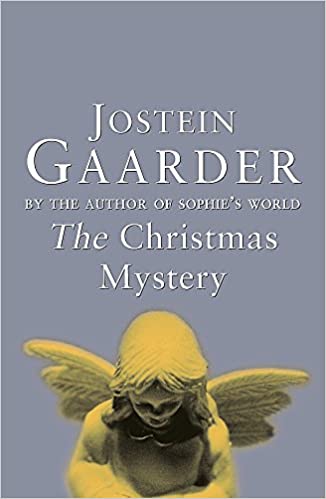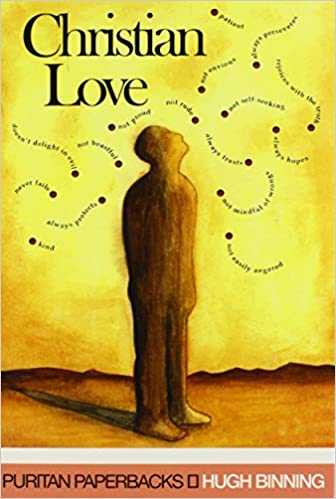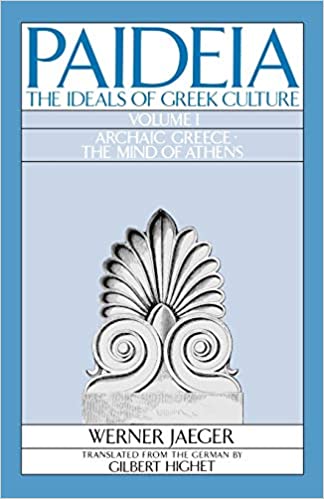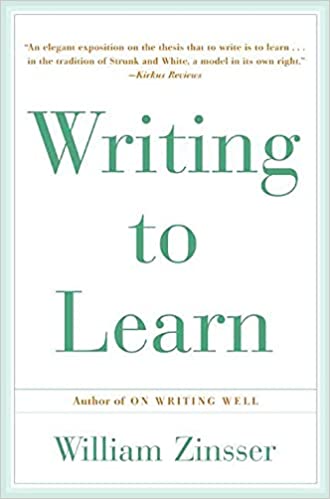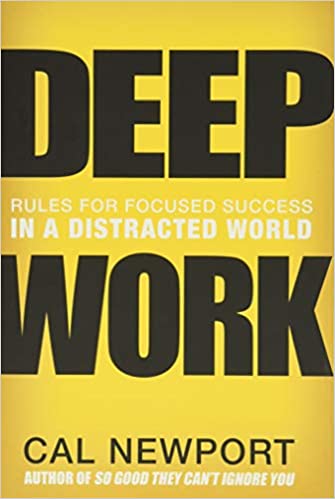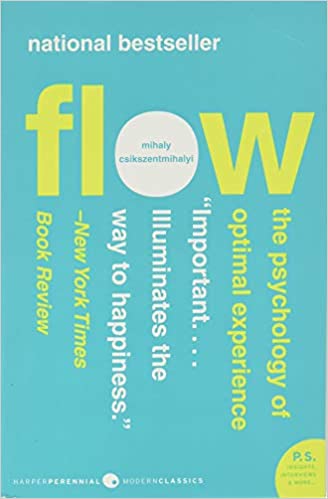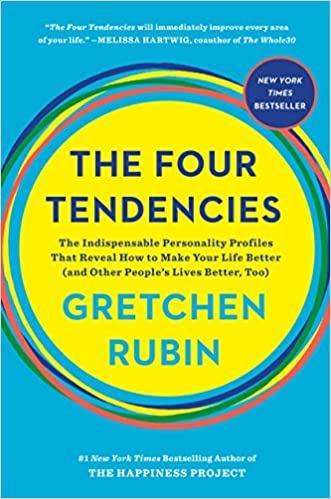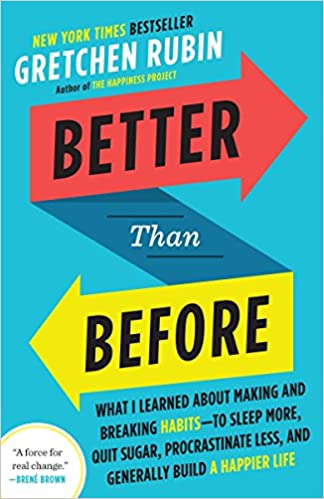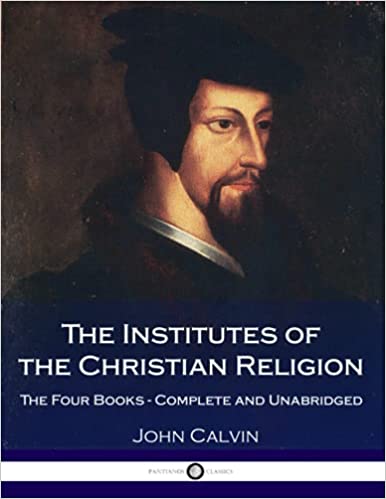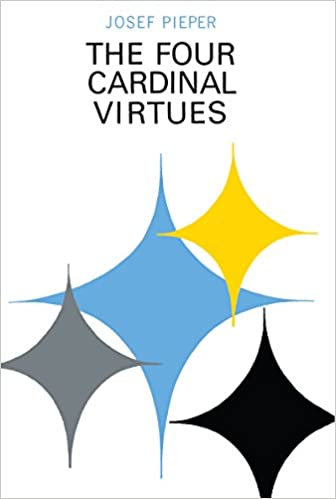The Tree Book for Kids and Their Grown-Ups
The birds, the bees, the flowers and the…TREES! How do trees grow? Why do leaves change? What kind of tree is that? The acclaimed Brooklyn Botanic Garden’s guide answers all kids’ (and their parents’) tree-related questions in an easy-to-understand way. It features 33 different trees that grow in North America, from rural Georgia to the streets of New York City to the California suburbs. Each profile includes a beautiful botanical watercolor illustration by author Gina Ingoglia showing the tree as it appears in a particular season, as well as life-size depictions of its leaf, flower, and seed. Readers of all ages will be in awe over the wonderful world of trees.
More info →The Ancient Mediterranean
Written by eminent classical scholar Michael Grant. The Ancient Mediterranean is a wonderfully revealing, unusually comprehensive history of all the peoples who lived around the Mediterranean from about 15,000 B.C. to the time of Constantine (306-337 A.D.). Many volumes, including Professor Grant's own previous works, trace the histories of the great civilizations of Greece and Rome. But this unique work looks at the influences and cultures of the entire region, including Egypt, Israel, Crete, Carthage, Ionia and the Eastern colonies. Syria, and the Etruscans, as well as the Greek and Roman states.
Drawing on archaeology, geography, anthropology, and economics. Professor Grant shows how the great Oriental civilizations—Egypt, Assyria, Babylonia, Persia—originated attitudes and institutions ultimately passed on to the West. He describes the effect on the people and their achievements of the long, irregular coastline, the mountainous terrain surrounding small fertile plains, the typical plant life of olive and grape, and the rapidly changing weather. Further, he investigates how the demographic factors around this deep and stormy sea caused or influenced the great periods of ancient history, such as that of fifth-century Athens and of Rome in the first century A.D. Appealing and fascinating reading, this impeccably researched history brings a fresh perspective to understanding our ancient heritage.
More info →The Christmas Mystery
Fifty years ago a girl disappeared from her home in Norway. She ran after a lamb and found herself travelling right across Europe to Palestine, and back through 2000 years to meet the Holy Family in Bethlehem. There she met angels, shepherds, wise men and other biblical characters who joined her on her pilgrimage; and she heard of many of the things that happened in the world in the last 2000 years. In present-day Norway, a boy acquires a strange old Advent calendar. Hidden in each of the windows is a tiny piece of paper. Little by little these pieces unfold the girl's story and as we learn what happened to her, another story is revealed - that of the strange old man who made the calender.
More info →Paideia: The Ideals of Greek Culture: Volume I: Archaic Greece: The Mind of Athens
Werner Jaeger's classic three-volume work, originally published in 1939, is now available in paperback. Paideia, the shaping of Greek character through a union of civilization, tradition, literature, and philosophy is the basis for Jaeger's evaluation of Hellenic culture.
Volume I describes the foundation, growth, and crisis of Greek culture during the archaic and classical epochs, ending with the collapse of the Athenian empire. The second and third volumes of the work deal with the intellectual history of ancient Greece in the Age of Plato, the 4th century
B.C.--the age in which Greece lost everything that is valued in this world--state, power, liberty--but still clung to the concept of paideia. As its last great poet, Menander summarized the primary role of this ideal in Greek culture when he said: "The possession which no one can take away from man is paideia."
Writing To Learn
This is an essential book for everyone who wants to write clearly about any subject and use writing as a means of learning.
More info →Deep Work: Rules for Focused Success in a Distracted World
Deep work is the ability to focus without distraction on a cognitively demanding task. It's a skill that allows you to quickly master complicated information and produce better results in less time. Deep work will make you better at what you do and provide the sense of true fulfillment that comes from craftsmanship. In short, deep work is like a super power in our increasingly competitive twenty-first century economy. And yet, most people have lost the ability to go deep-spending their days instead in a frantic blur of e-mail and social media, not even realizing there's a better way.
In DEEP WORK, author and professor Cal Newport flips the narrative on impact in a connected age. Instead of arguing distraction is bad, he instead celebrates the power of its opposite. Dividing this book into two parts, he first makes the case that in almost any profession, cultivating a deep work ethic will produce massive benefits. He then presents a rigorous training regimen, presented as a series of four "rules," for transforming your mind and habits to support this skill.
A mix of cultural criticism and actionable advice, DEEP WORK takes the reader on a journey through memorable stories -- from Carl Jung building a stone tower in the woods to focus his mind, to a social media pioneer buying a round-trip business class ticket to Tokyo to write a book free from distraction in the air -- and no-nonsense advice, such as the claim that most serious professionals should quit social media and that you should practice being bored. DEEP WORK is an indispensable guide to anyone seeking focused success in a distracted world.
Flow: The Psychology of Optimal Experience
Legendary psychologist Mihaly Csikszentmihalyi's famous investigations of "optimal experience" have revealed that what makes an experience genuinely satisfying is a state of consciousness called flow. During flow, people typically experience deep enjoyment, creativity, and a total involvement with life. In this new edition of his groundbreaking classic work, Csikszentmihalyi ("the leading researcher into ‘flow states’" —Newsweek) demonstrates the ways this positive state can be controlled, not just left to chance. Flow: The Psychology of Optimal Experience teaches how, by ordering the information that enters our consciousness, we can discover true happiness, unlock our potential, and greatly improve the quality of our lives.
More info →The Four Tendencies
During her multibook investigation into understanding human nature, Gretchen Rubin realized that by asking the seemingly dry question "How do I respond to expectations?" we gain explosive self-knowledge. She discovered that based on their answer, people fit into Four Tendencies: Upholders, Questioners, Obligers, and Rebels. Our Tendency shapes every aspect of our behavior, so using this framework allows us to make better decisions, meet deadlines, suffer less stress, and engage more effectively.
More than 600,000 people have taken her online quiz, and managers, doctors, teachers, spouses, and parents already use the framework to help people make significant, lasting change.
The Four Tendencies hold practical answers if you've ever thought:
• People can rely on me, but I can't rely on myself.
• How can I help someone to follow good advice?
• People say I ask too many questions.
• How do I work with someone who refuses to do what I ask—or who keeps telling me what to do?
With sharp insight, compelling research, and hilarious examples, The Four Tendencies will help you get happier, healthier, more productive, and more creative. It's far easier to succeed when you know what works for you.
More info →Better Than Before
Most of us have a habit we’d like to change, and there’s no shortage of expert advice. But as we all know from tough experience, no magic, one-size-fits-all solution exists. It takes work to make a habit, but once that habit is set, we can harness the energy of habits to build happier, stronger, more productive lives.
In Better Than Before, acclaimed writer Gretchen Rubin identifies every approach that actually works. She presents a practical, concrete framework to allow readers to understand their habits—and to change them for good.
Infused with Rubin’s compelling voice, rigorous research, and easy humor, and packed with vivid stories of lives transformed, Better Than Before explains the (sometimes counterintuitive) core principles of habit formation and answers the most perplexing questions about habits:
• Why do we find it tough to create a habit for something we love to do?
• How can we keep our healthy habits when we’re surrounded by temptations?
• How can we help someone else change a habit?
Rubin reveals the true secret to habit change: first, we must know ourselves. When we shape our habits to suit ourselves, we can find success—even if we’ve failed before.
Whether you want to eat more healthfully, stop checking devices, or finish a project, the invaluable ideas in Better Than Before will start you working on your own habits—even before you’ve finished the book.
More info →The Institutes Of The Christian Religion: The Four Books – Complete and Unabridged
The Institutes Of The Christian Religion is a landmark text in the history of Protestant Christianity, and is a crucial publication amidst the upheaval of the Reformation of the 16th century. Its influence upon the subsequent founding and organization of the Protestant churches was profound, and the work continues to be referenced by scholars and historians to this day. First published in Latin but soon translated to John Calvin's native French, this book is also responsible for a substantive refinement of Francophone linguistics.
Calvin designed his book with the assumption of a basic level of theological knowledge on the part of the reader; namely the tenets of Christianity, the doctrines of the Holy Bible and the central importance of the Lord Jesus Christ. Herein we discover a wide-ranging yet thorough text; readers are given a deep and measured explanation of Protestant doctrine, an identification of the differences which Protestantism has with the Holy Catholic church, the errors identified in Catholicism, and a call to action following the divine calling of Christ and God.
Many inspirations may be observed in the manner John Calvin writes this text: the sacramental elements and the observance of the faith emphasized by Martin Luther, and the establishment of the divine will as noted by Martin Bucer are present. Prior to the publication of this work, other, shorter books attempted to explain Protestant theology. None however possessed the thoroughness or scholarly distinction of Calvin's work, which became both popular and vital to the growth of Protestantism as a Christian movement.
Where other editions may omit, condense or otherwise abridge the words of John Calvin, this printing does no such thing. Based upon a 1581 reprint of Thomas Norton's original translation first published in 1561, we find here the original version of the English text in its entirety as published during John Calvin's lifetime. An extensive table of contents allows readers to navigate and reference the text, which is organized into the traditional four book format established in the 16th century.
More info →
